


The homeowners’ insurance claims process often comes with extra stress and uncertainty. Filing a claim with your insurance company means you’ve suffered an unexpected loss or damage to your home, and getting your life back to normal is your number one priority and our priority too.
Knowing what to expect and having a plan when filing a home insurance claim can relieve some of the hassle and uncertainty. Here’s a handy checklist of what to do and what to expect when filing a homeowners insurance claim.
The homeowners claim filing checklist is your to-do list to help you through the claims process.
Contact your insurance agent to report your claim. They will help guide you through the process and help you understand what to expect.
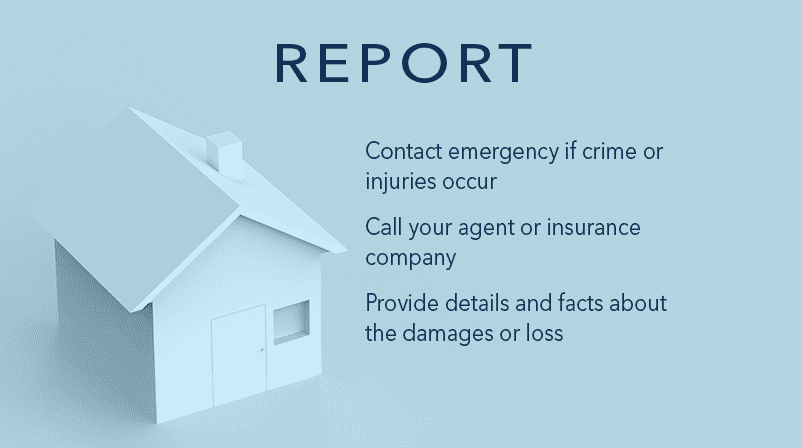
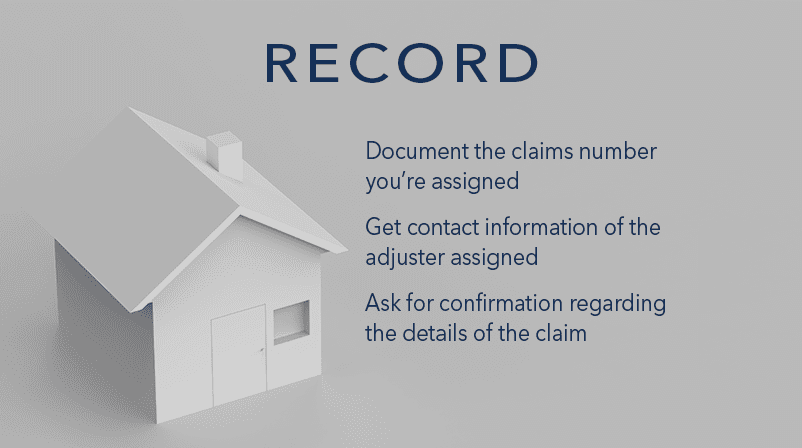
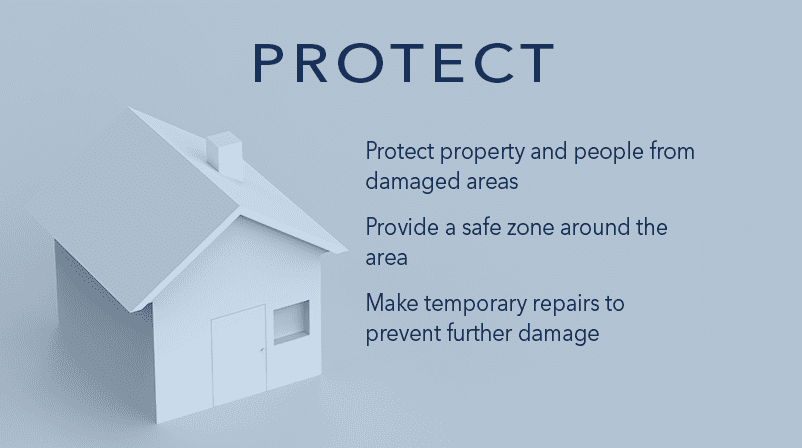
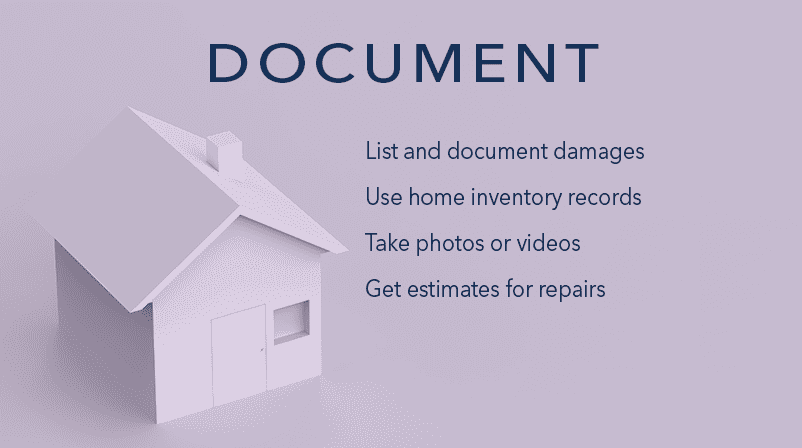
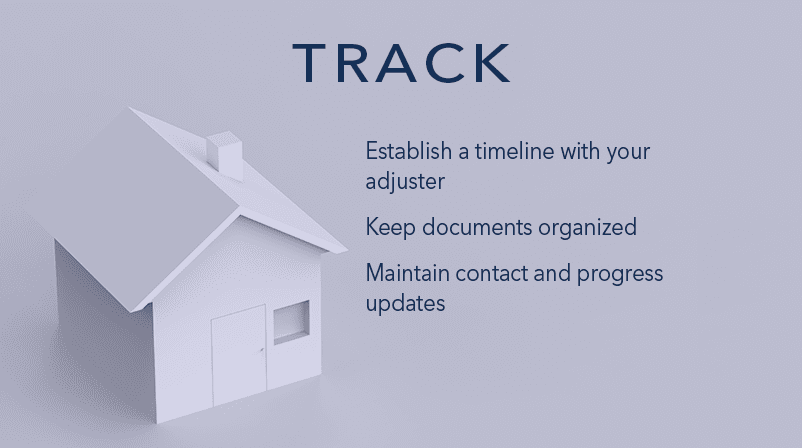
Communication is an essential aspect of filing a claim. You can depend on your local independent insurance agent to listen, help you stay informed, and guide you through the claims process. At Colby Insurance Group, we’re here to listen and understand your unique claims situation and to be your advocate to ensure your claim is handled efficiently and appropriately by your insurance provider.
The time it takes to get paid for an insurance claim depends on several factors and can take anywhere from a few days to a few weeks or even a little over a month. One main determining factor is which state you file your claim in. After a claim is accepted, each state, by law, must pay a claim within a determined amount of time according to state law. For example, once a claim is accepted, the State of New Hampshire has five days to pay the claim, and the State of Vermont has ten days to pay the claim.
The process of accepting the final terms of the claim has several steps. Once a claim is filed, the company will review the claim.
The following steps are part of the claims review process. The steps may vary depending on the claim.
When filing a claim, it may mean your insurance premiums will increase. Insurance companies are in the business of managing risk, so they tend to react when the risk goes up. The insurance company wants security in knowing you’re managing risk as best as possible, and premium increases may reflect that. For example, a large fire claim will likely result in a higher premium increase than a claim due to storm damage. Other factors also come into play. Ultimately, filing large or frequent claims could result in increased premiums.
To understand who has the final say regarding whether your claim is accepted or denied, it’s essential to understand the difference between your agent’s role and the insurance company’s role.
Your agent will help guide you through the claims process and advocate for you. When working with an independent insurance agency, you benefit from an agent who’s not bound to a specific insurance company. Your agent is not the same as the insurance company. They’re essentially the middle person in the process.
Your insurance policy is underwritten by the insurance company named on your policy. The terms insurance company and insurance carrier are used interchangeably. They are the ones who will decide to accept or deny your claim based on the terms of your policy.
Insurance is not a blanket agreement to pay all losses all the time for undetermined amounts. Your policy is a contract with the insurance company. It spells out what losses are covered and for how much. Understanding the terms of your policy is the first step toward understanding if you have a valid claim. It is up to you to provide the information the insurance company requires to process the claim. Provide the following information when submitting your claim.
You must do your best to provide the insurance company with the information necessary to process the claim. Nothing is guaranteed when you file a claim until the insurance company makes its final determination. If they deny your claim, they disagree with you on whether you have a legitimate claim. First, talk to your agent, so you understand why your claim was denied. If they feel you have a legitimate claim, they can try to advocate on your behalf. Your agent’s input may or may not impact the final decision, but it will at least let the company know that you disagree with their claim and will also help you better understand why your claim was denied.
Filing an appeal is the next step if you feel you have a legitimate claim. Here are some steps to follow:
It’s frustrating and disappointing when a claim gets denied. If you feel the terms of your policy cover the claim, you should advocate for yourself. If you have any questions throughout the process, consult with your agent. They will act as your advisor and advocate.
Understanding the process and steps involved in filing an insurance claim and understanding what to do if your claim is denied can help alleviate the unknown. The good thing is with an independent insurance agent you’ll have someone to guide you and advocate for you along the way.